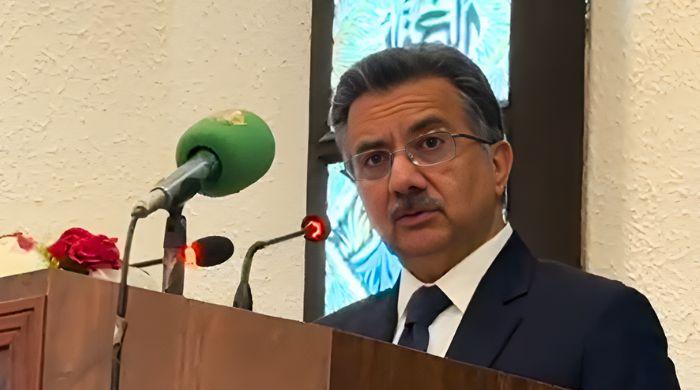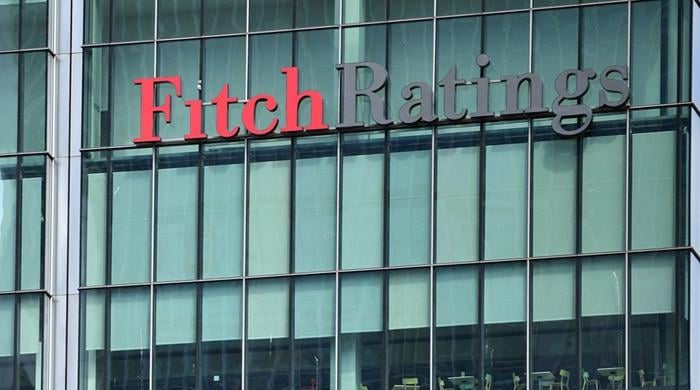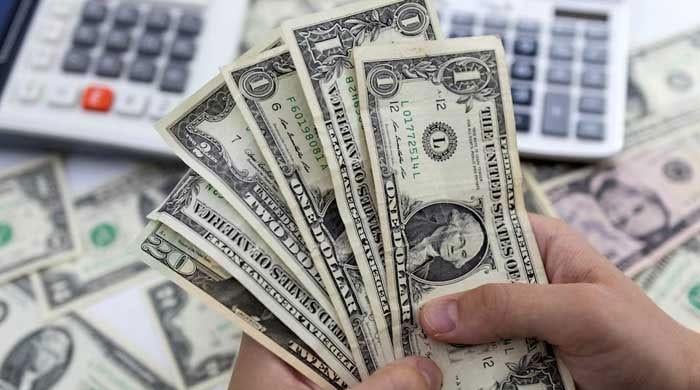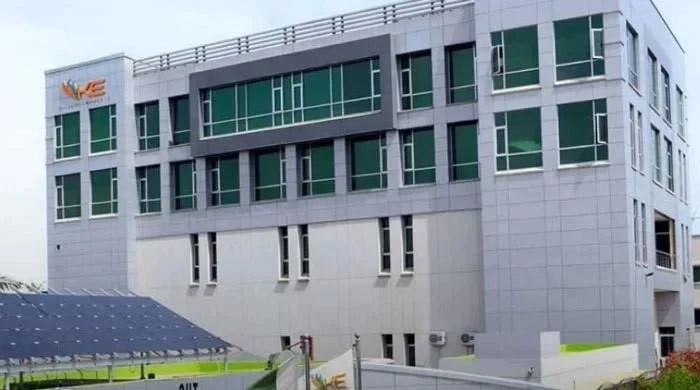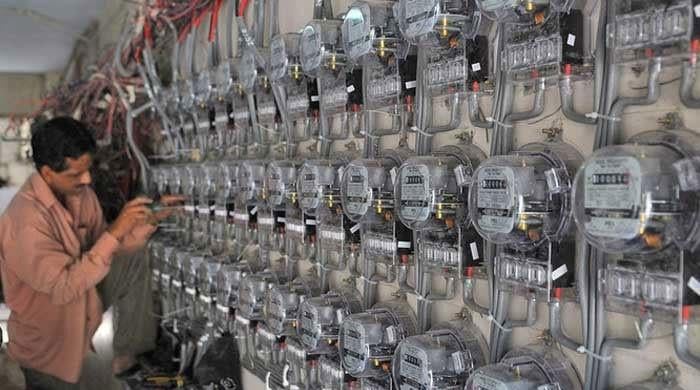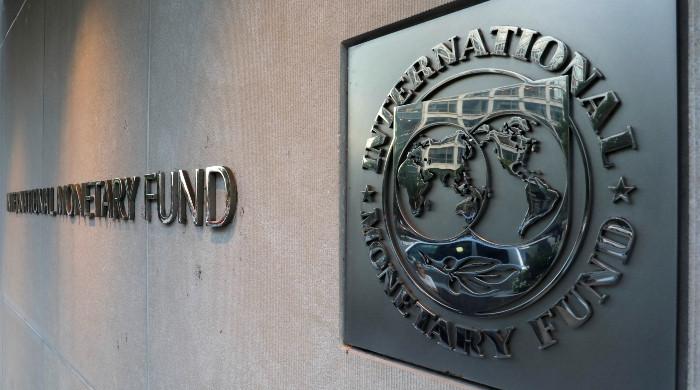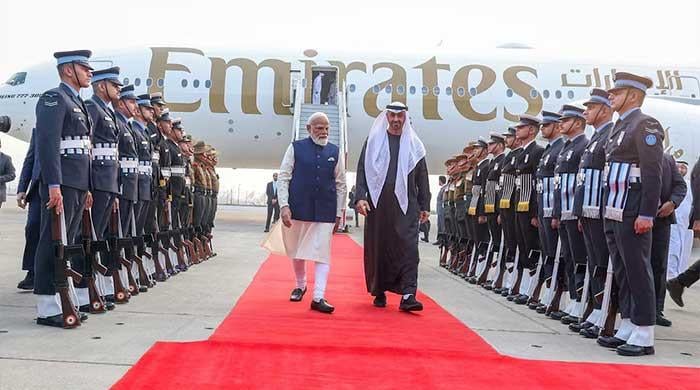World Bank meets Pakistani delegation, reiterates support for economic reforms
Pakistani representatives informed the Bank of the nation’s accomplishment in terms of exports, revenue mobilization, and remittances
October 17, 2017
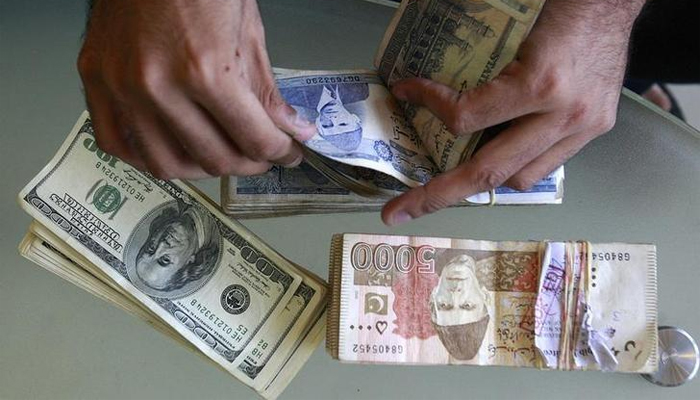
The World Bank reiterated its supportive stance towards Pakistan and its economic reforms following a meeting Monday in Washington, D.C., with the country’s delegation.
The global financial authority also mentioned — in a statement released consequent to the discussions at the World Bank-International Monetary Fund (IMF) Annual Meetings — that it would “address current risks towards achieving [Pakistan’s] development aspirations”.
The goals of Pakistan’s delegation meeting with the Bank’s officials comprised talks pertaining to the macroeconomic outlook, infrastructure financing, renewable energy, human capital development, and private sector development.
The team from Pakistan included Secretary of Government of Pakistan’s Finance Division Shahid Mahmood, State Bank of Pakistan (SBP) Governor Tariq Bajwa, and Secretary of Government of Pakistan’s Economic Affairs Division Arif Ahmed Khan, while that of the Bank was led by Annette Dixon — Vice President of the South Asia region.
The Bank was informed by Pakistani representatives of the nation’s accomplishment in terms of exports, revenue mobilization, and remittances. It understood that Pakistan has made a considerable effort in a bid to bring stability to its economy in the last four years and “in achieving 10-year high growth of 5.3 percent” in 2017.
However, the macroeconomic objectives are at a risk from “headwinds in the external sector and a rising fiscal deficit”, which, in turn, led foreign funding requirements to rise to approximately $17 billion — five to six percent of 2018’s gross domestic product (GDP).
The external financing needs are required to deal with the higher deficit in the country’s current account as well as the debt repayments.
Nevertheless, it was made clear by the Bank that certain media reports — which put the figure at $31 billion (or nine percent) instead — were based on estimates that assumed a continuation of current trends when the South Asia Economic Focus report was published.
“Foreign portfolio investments are not part of [Pakistan’s] external financing needs,” the Bank said.




